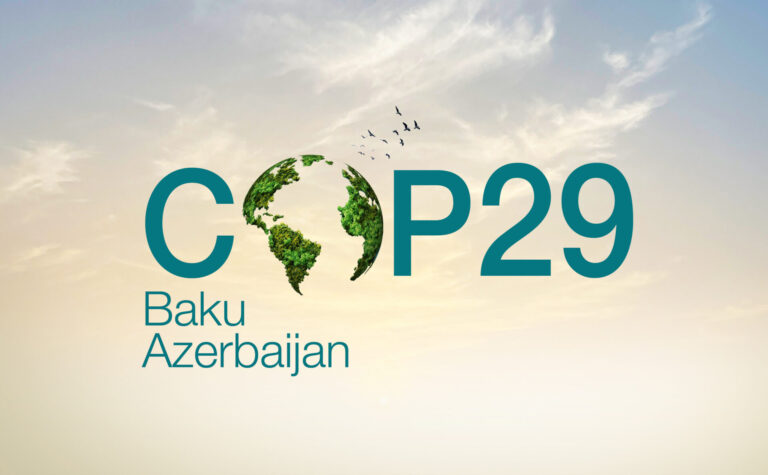Day four of COP29 in Baku brought critical discussions to the forefront, focusing on two pressing issues: the urgent need to scale up climate finance and the global effort to phase out coal. Despite widespread acknowledgment of the importance of these areas, progress remained limited, highlighting the challenges involved in aligning global priorities and resources.

Escalating Climate Finance
A report presented by the Independent High-Level Expert Group on Climate Finance stressed that developing countries will need at least $1 trillion annually by 2030 to meet climate goals effectively. This financial requirement is anticipated to rise to $1.3 trillion per year by 2035 if action is delayed, representing the critical need for immediate and sustained investment. However, early negotiations at COP29 revealed significant divisions among nations, particularly around who should bear the financial burden. Developing countries voiced their frustration, emphasising that delayed action will not only increase costs but also amplify the impacts of climate change on their populations.
Advancing the Global Coal Phaseout
Phasing out coal, a significant contributor to greenhouse gas emissions, was another key focus of the day. Experts emphasised the necessity of clear timelines and targeted financial support to enable a transition away from coal-dependent economies. This transition requires a delicate balance: maintaining energy security while reducing reliance on fossil fuels. Discussions highlighted that regions heavily dependent on coal, such as parts of Asia and Eastern Europe, would need substantial international support to mitigate the social and economic impacts of a phaseout. Additionally, there was recognition of the importance of incentivising private sector investments in renewable energy to replace coal.
Forest Carbon Finance Talks
These developments highlight the urgency of addressing financial barriers and implementing coordinated strategies to combat climate change. However, the limited progress in negotiations and the complexity of aligning global efforts suggest that significant challenges remain on the path to a sustainable future.
Catch Up On Previous COP29 Updates

COP29 Day 11 Summary: 22nd November 2024
The 11th day of the COP29 climate summit in Baku, Azerbaijan, concluded with an agreement on a new climate finance

COP29 Day 10 Summary: 21st November 2024
COP29 has brought climate finance to the forefront of global discussions, highlighting the urgent need for developed nations to support

COP29 Day 9 Summary: 20th November 2024
On the ninth day of COP29 in Baku, Azerbaijan, discussions brought to light significant disagreements between developed and developing nations,

COP29 Day 8 Summary: 19th November 2024
Day 8 of COP29 in Baku, Azerbaijan, focused on tackling the challenge of climate finance, with a spotlight on how

COP29 Day 7 Summary: 18th November 2024
COP29 is proving to be a pivotal yet contentious chapter in global climate negotiations. With only five days left in

COP29 Weekend Summary: 15th-17th November 2024
This weekend at COP29 highlighted key debates about fossil fuels and strategies to combat the climate crisis. Progress was made

COP29 Day 4 Summary: 14th November 2024
Day four of COP29 in Baku brought critical discussions to the forefront, focusing on two pressing issues: the urgent need

COP29 Day 3 Summary: 13th November 2024
On Day 3 of COP29 in Baku, Azerbaijan, global leaders pushed for stronger climate cooperation, with discussions centering on several

COP29 Day 2 Summary: 12th November 2024
On Day 2 of COP29 in Baku, Azerbaijan, global leaders continued discussions on urgent climate action, focusing on financing, emission

COP29 Day 1 Summary: 11th November 2024
The 29th United Nations Climate Change Conference (COP29) commenced on November 11, 2024, in Baku, Azerbaijan, marking a pivotal moment






